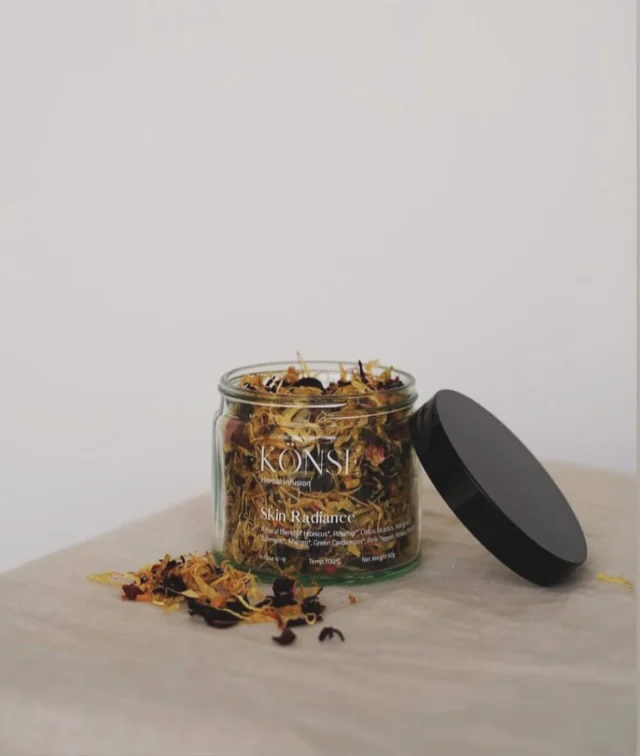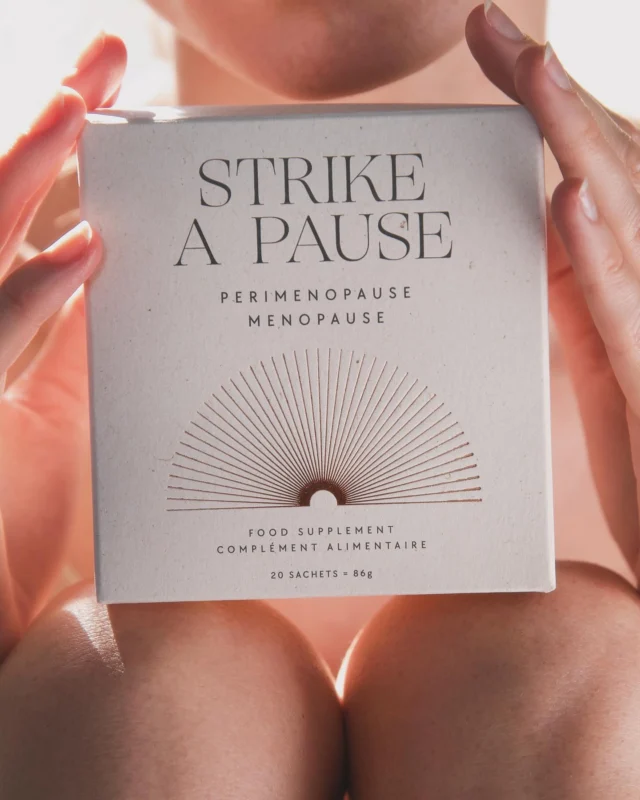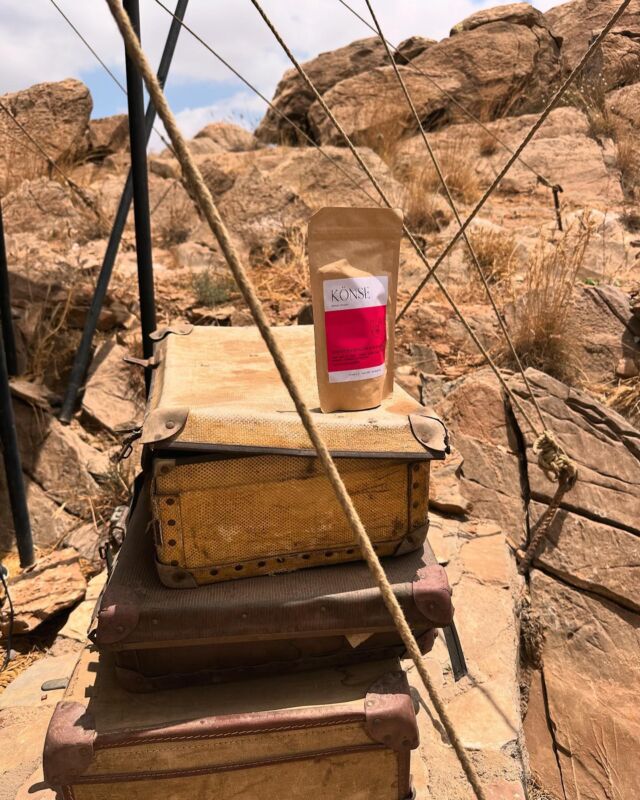Green Mama Q&A : In good food we trust

We continue with our ´Detox´ month and today we share the Q&A with Alina Topala, also known as Green Mama. Alina, author of the Green Mama blog, has been experimenting with natural ingredients and vegetable since her childhood, creating dishes that are an explosion of colors and flavors. In her first book she proposes more than 100 vegetarian recipes and, above all, tasty and healthy, for the whole family. The basis of all her recipes are natural ingredients, in particular vegetables and fruits. Born in Romania and living in Barcelona for years, Alina is passionate about healthy eating.
What is the story behind the creating of Green Mama in 2015?
I was experiencing changes in my diet and I was beginning to be more aware of the origin of the ingredients I bought, their quality and their impact on my health, my family and the world. I found myself surrounded by a lot of information, not all of high quality, this was when being healthy was still not “fashionable” and only very few people knew valuable information about how to make the change from eating everything to a healthier diet. I wanted to create a community for people like me who wanted to take this step and didn’t know where to start from, so I created Green Mama, a place where I have been able t share recipes that I learned along the way, articles from people I admire and who can provide valuable information to the community, recommendations etc.
What advice would you give to incorporate a healthy diet into our readers life?
Start small. Be flexible and allow yourself the luxury of “sinning” from time to time. Be curious, ask questions, read the labels, eat seasonal food and, in most cases, local, organic or local origin if possible. Don’t obsess. Fewer packaged products, less white flour, less processed, I say less because none of these products are healthy, but if you do end up eating some chips for example it is not the end of the world, you have sinned, enjoy it! after this you can go back to your healthy diet. Cooking healthier is also essential: raw, steamed, grilled, sautéed, always using quality fats.
We start the new year and many of us want to prioritise our health. What do you think of ´detox diets´?
Detox diets are not for me. I tried it once and I wanted to punch my husband ahahha. I lasted two days. I believe in intermittent fasting, in liver purges to give the liver a break, but in a healthy way. By this I mean that you normally have a healthy lifestyle: diet, sports, Vitamin D , hydration and conscious breathing (it’s a practice we do automatically and we don’t realize that conscious breathing plays such an important role in our health). If you are worried about the excess weight you have put on after the Christmas binge, or after the holidays, etc, just going back to your old lifestyle is enough, there is no need for detox or miracle diets. I would also add the importance of good natural infusions that help purify our body. In my case, adaptogens and supplementation also work well for me.
What do you think about dairy products and gluten? Are they necessary in our diet or can we replace them with other products?
I am not a nutritionist and I cannot recommend anything nutritionally. But, the “new” nutritionists and dieticians demonize them and many conditions are related to their consumption. In my case I have them quite prohibited and when I do not consume dairy (I only consume cheese) or gluten, I notice improvements in my mood, in my energy and also in my body. I was diagnosed with Hashimoto’s hypothyroidism after my second birth. It can happen after giving birth and then it typically disappears, however not in my case. There are many studies linking hypothyroidism to gluten, dairy, coffee, and other foods that should be eliminated. I haven’t quite got it yet, these are my “sins”. Apart from all this, there are many products that substitute dairy and gluten. Buy them consciously, some of these products have a lot of refined sugars and other non healthy substances. In books and on the internet you can find many recipes for vegan cheeses that you can prepare at home and that taste a lot like the normal ones. They are also being marketed (I think you have already seen them), I advise you to try local and small brands. My advice for gluten-free products is to use and buy cereals that are naturally gluten-free. Here are some examples: buckwheat, millet, amaranth, corn, sorghum, rice, quinoa (pseudocereal).
What advice would you give to get all the nutrients we need through our food?
The first tip is to eat seasonal foods. They are much richer and nature is wise, it knows what foods our body needs at any time of the year. Consume less refined, less packaged, and more whole ingredients. That they are organic/proximity and that they are cooked in a healthy way to prevent those nutrients from being lost.
Why do you recommend eating organic food and where do you get yours from?
Organic foods do not contain harmful chemicals, synthetics, or additives, which helps transform them into very beneficial foods for our health. They contain more nutrients, have a better flavour and favor fair trade and proximity, among other things. Organic food stores are opening more and more and more established brands are trying to do better by using only organic ingredients and sustainable packaging. The world is changing and there is a need for change in brands as well. They have to do better. I buy fresh products such as vegetables and fruit from some local farmers. I also have a small garden at home where I grow green leaves, aromatic herbs, fruits and some other vegetables that are in season. Dry ingredients, preserves etc. I buy them in specialised organic stores. I try to buy in small local stores, not in superstores. In my book I share more details about my pantry and how to start a healthier and more organic pantry from scratch.
And for the little ones, what recommendations would you give for them to start eating this way? Any star recipe?
If they are babies, it is very easy to start from the first meals introducing foods without camouflaging them so that children begin to have their own preferences and know what they are eating. When they already have an unhealthy type of diet, I think it is important that they start little by little to introduce healthier foods and remove the “bad “ones. Always put healthy options on the table, make them understand that healthy is not boring, that it is delicious and that they will feel better inside and out. Another way for them to eat healthy too is for us to be their example. We cannot demand that they eat carrots instead of the hamburger, if we eat that hamburger in front of them.
At breakfast, I really like to improvise and vary, thus creating recipes according to your tastes. I pamper them quite a bit 




 New Year, Radiant Skin Vibes
New Year, Radiant Skin Vibes 
 Embrace Autumn with Balance & Confidence
Embrace Autumn with Balance & Confidence
 Summer has arrived, and so have your beauty
Summer has arrived, and so have your beauty


